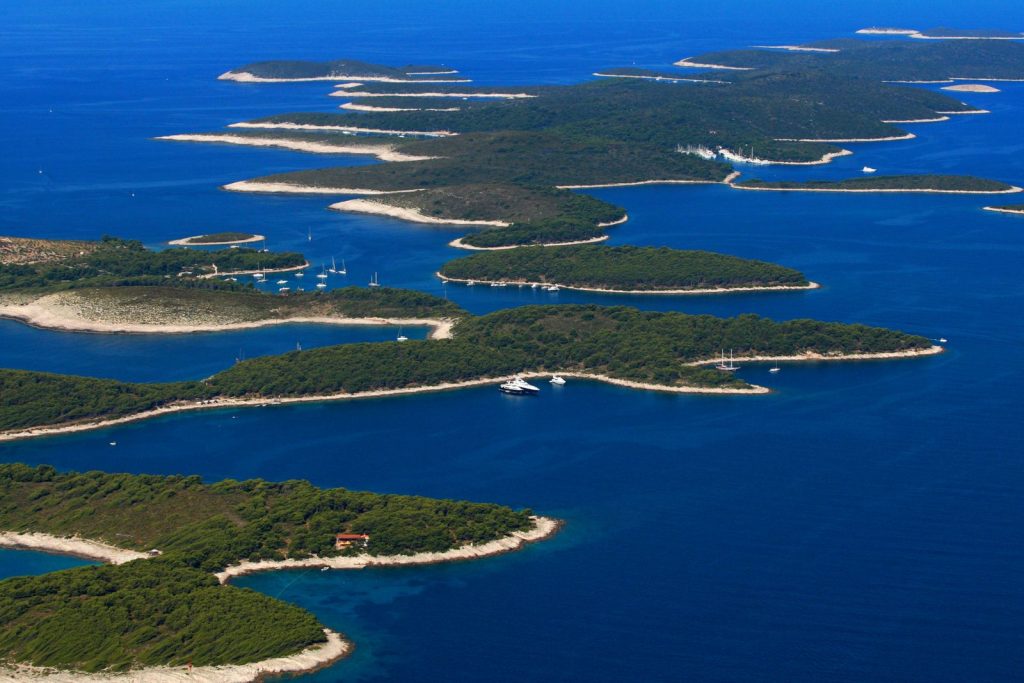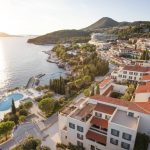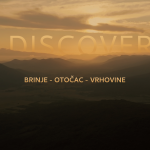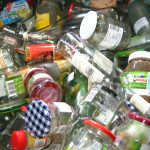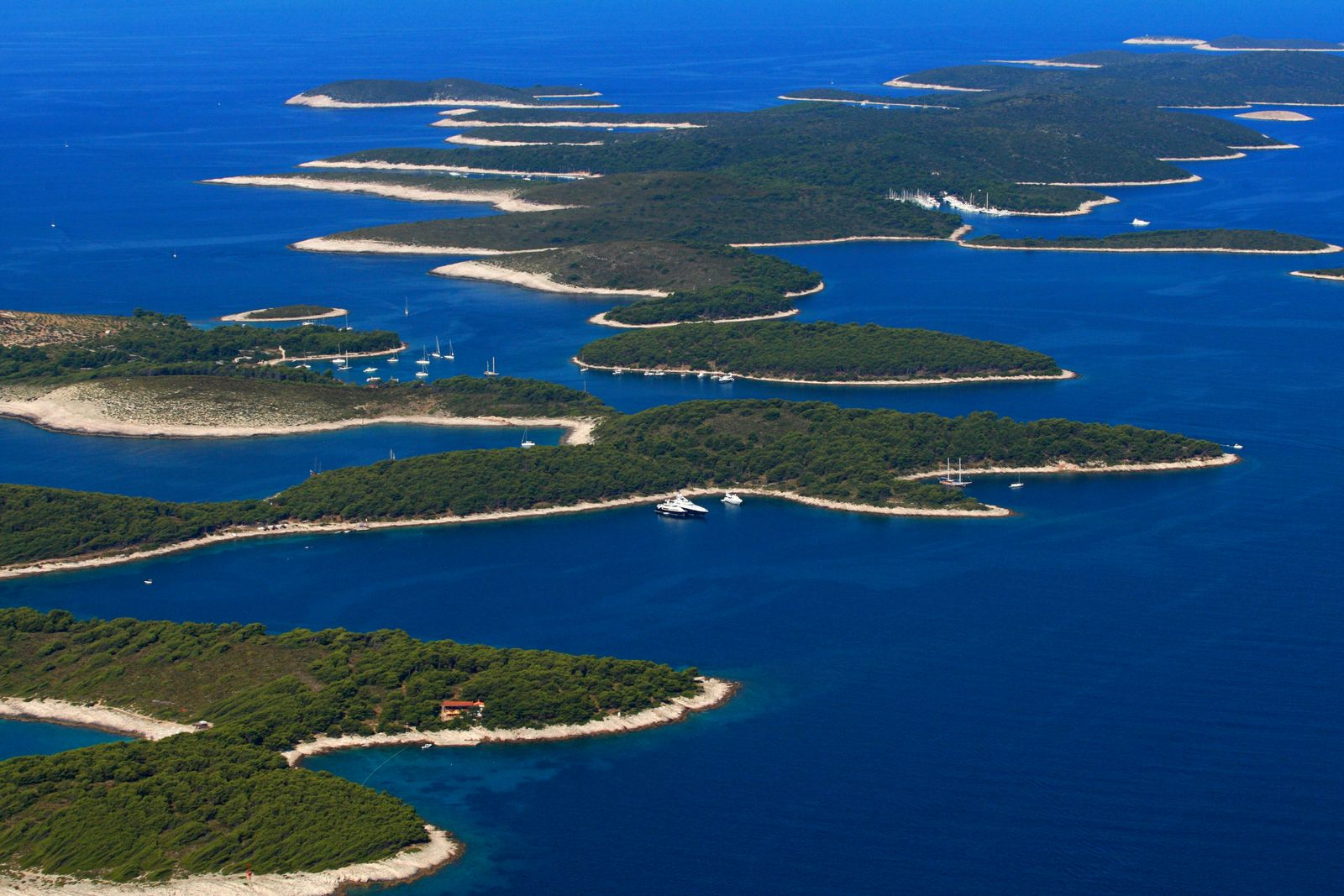
As Morski writes on the 29th of October, 2020, following the first two years of the EU Clean Energy Secretariat’s initiative, these Croatian islands form part of a growing community of islands actively working on the energy transition of the European Union.
22 European islands will announce their clean energy transition programmes, thus taking a firm step towards decarbonising their energy systems with a special focus on citizen involvement. An additional 7 EU islands will announce their programs in the near future, reports the Island Movement (Pokret otoka).
A Ilha de Arousa (Spain), the Hvar Archipelago (Croatia), Brac (Croatia), Cape Clear (Ireland), Halki (Greece), Ibiza (Spain), Kasos and Symi (Greece), Korcula (Croatia), Kökar (Finland) ), Menorca (Spain), Pantelleria (Italy), Ouessant, Molène and Île de Sein (France) and Eigg, Muck, Rum, Canna, Fair Isle, Foula and the Knoydart Peninsula (Scotland) have developed a transition plan adapted over the past nine months which also covers their individual needs and resources.
Most of these islands were pioneer islands selected back in February 2019 in a competition by the Secretariat for Clean Energy of the EU Islands, an initiative of the European Commission.
The islands’ energy transition strategies have been written by island transition teams themselves, with the support of the Clean Energy Secretariat for EU Islands. A year ago, six pilot island initiatives announced their strategies.
An additional 7 islands currently in the process of final approval that will soon announce their transition plans are: Azores (Portugal), Mallorca (Spain), Marie-Galante (France), Belle-Île, Hoedic and Houat (France) and Crete Greece). They will be available on the website when they are ready.
The official announcement of the strategies will take place during the island’s Clean Energy for EU Islands Forum, when decision-makers and representatives of the EU island community come together to discuss the future of the European Islands, EU Islands reports.
”These energy transition strategies are proof of the hard work and productive cooperation among islanders, both within their communities and between countries. It was truly inspiring to see what is possible when local people have the power and support to write their own future. We look forward to continuing to work with the EU’s island communities to make the European Green Agreement a reality, both through this initiative and through other EU actions to support local energy transition,” said European Commissioner for Energy Kadri Simson.
Among these Croatian islands lies the Central Dalmatian island of Brac which wants to become energy independent by 2030 in order to provide its residents and visitors with a healthy environment. It plans to do so by increasing its own energy efficiency, installing renewable energy sources, arranging and improving public transport, and building a waste management centre.
The Hvar archipelago plans to be energy self-sufficient by 2035, and this transition should ensure the proactive involvement of both the islanders and energy communities.
Korcula wants to become carbon neutral by 2050 and become a green island where the community is guided by the principles of caring for people, caring for the environment, and preserving the common good and resources.
For the latest travel info, bookmark our main travel info article, which is updated daily.
Read the Croatian Travel Update in your language – now available in 24 languages
Join the Total Croatia Travel INFO Viber community.

